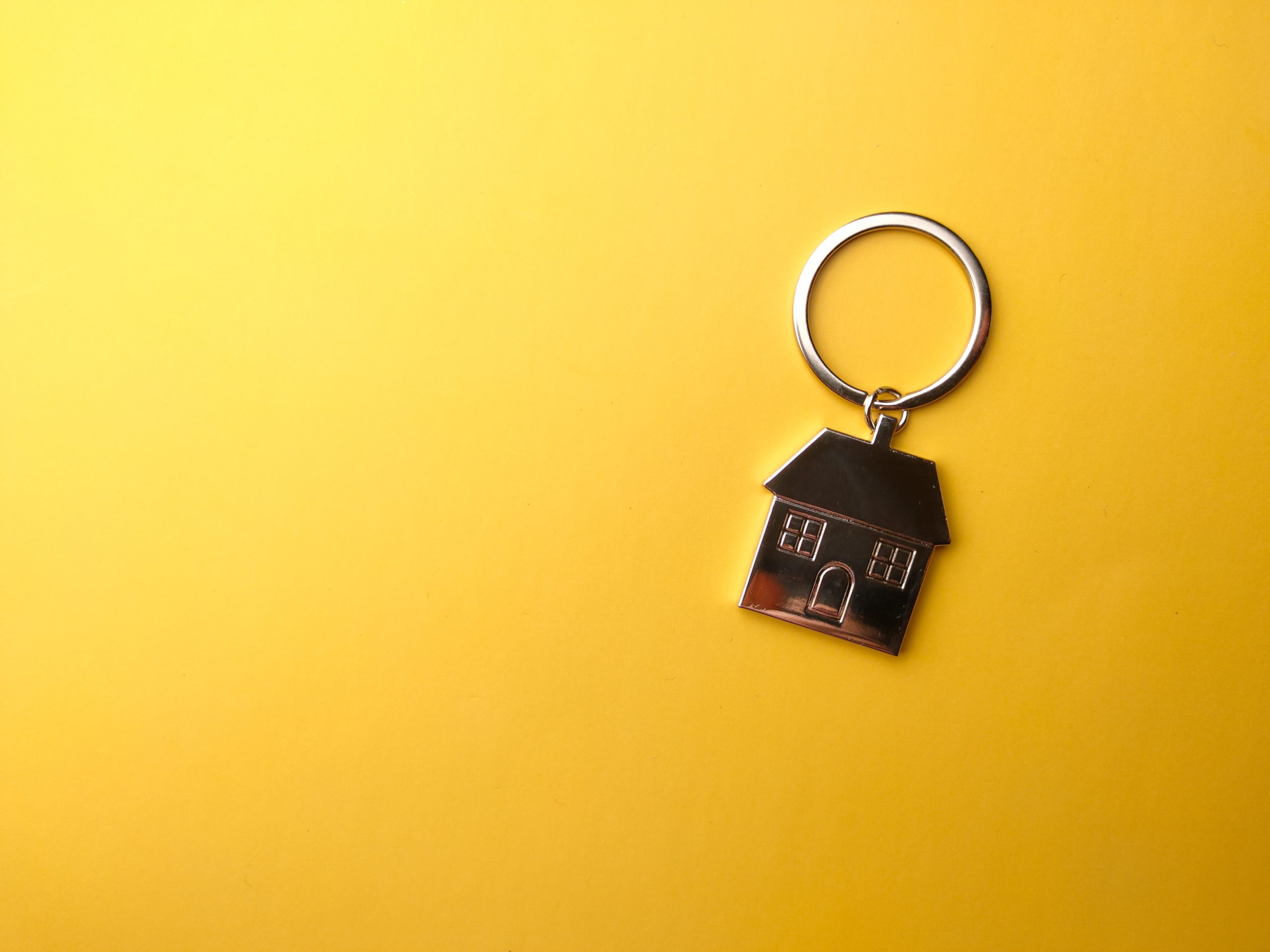Conveyancing is an important part of selling a home and is usually carried out by a qualified legal professional. They make sure everything is above board and all the documentation is in order, they also distribute any money made from the sale to you.
Hiring a solicitor is one of the largest costs associated with selling your home. They often charge up to £1,500 for their services, which could increase if there are complications. If we buy your house we’ll instruct independent solicitors and pay for them.
Do you need a solicitor to sell your house?
Conveyancing is an essential part of a housing transaction. You can do it yourself, but unless you are legally qualified or have a deep knowledge of the process it’s wise to hire a legal expert. Not only do they have more experience and expertise, but they also have insurance to cover them if a mistake is made.
Both conveyancers and solicitors are qualified to do the job. A conveyancer specialises in property law, whereas a solicitor will have a wider breadth of knowledge. Which is right for you will depend on your circumstances. Solicitors are often slightly more expensive, however if your transaction is complicated by divorce or inheritance their extra expertise may be useful.
Instructing your solicitor
Once you’ve accepted an offer on your home the first thing you need to do is instruct a solicitor or conveyancer to begin conveyancing. Choosing which one is right for you will come down to a number of factors including the cost and how straightforward your sale is.
Either way you should always check they are registered with the Law Society or the Council for Licensed Conveyancers. Also look for reviews online and ask friends and relatives for their recommendations.
The person or service you choose will send you a letter of engagement which should give a full breakdown of their fees and other admin costs, known as disbursements. Once this is signed they will begin acting for you.
Up to exchange
Initially your solicitor will send you various forms to complete and ask you to gather together relevant documents.
These include a TA6 form which asks for details such as who’s responsible for the boundaries of your property, building works that have taken place, information about utilities, complaints you have made about neighbours and so on. You’re likely to be asked for evidence of planning permissions and building regulations approvals where applicable, as well as documents such as gas safety certificates.
A TA10 form asks you to note down all the fixtures and fittings in a home and detail which you are taking with you and what you will charge for anything you’re leaving behind. It’s important you answer all these forms as honestly and fully as possible, hiding an issue could lead to you being sued.
Your solicitor will then start drawing up contracts which will include the date of completion and information from the forms you’ve filled in. They will also help you negotiate any issues raised by a buyer’s survey or the local authority searches their solicitor has undertaken. This could result in an agreement that certain works will be done before completion, a reduction in price or indemnity insurance is bought to protect against a potential problem emerging in future.
Your solicitor will also get a copy of the title deeds from the Land Registry and find out what is remaining on your mortgage.
Exchanging contracts
Once both sides are happy with the contract they will be exchanged. Each solicitor will send an identical signed contract to the other, they may check they are the same over the phone before doing this. If the sale is part of a chain they will hold onto the contracts until each transaction is ready to go ahead.
After contracts are exchanged both the buyer and seller are legally bound to the sale. If either side pulls out now there are likely to be costly penalties, particularly for the buyer who could lose their 10% deposit. As a seller you can no longer accept another offer on your home.
Completion will usually take place between seven and 28 days after exchange although two weeks is the norm. This should give you plenty of time to arrange for removals and get started on the packing.
Completion day
On completion day, your solicitor will call you when funds have come through from the buyer. You will then hand over your keys so they can move in. You may have arranged to leave your keys with an estate agent, so that you can move out earlier in the day.
If you are buying a home, you will need to wait for money from your sale and your mortgage to reach the seller’s solicitor before you can move in. If you are at the end of a long chain, this may not happen until the end of the day or the morning after, in which case you’ll need somewhere to stay for the night.
Your solicitor will pay off any mortgage you owe using funds from the sale, pay estate agent’s charges and take their fee, before sending you the remaining amount if this is not being used for purchase.
After completion
The buyer’s solicitor will register the new owner with the Land Registry, but this could take several weeks so you’ll still be down as the current owner on the title deeds until then.
If you’ve sold a second home you may have to pay capital gains tax. This is a tax on the rise in value of an asset such as shares or a property that isn’t your main residence. You have 30 days to report and pay any that is due, you may want your solicitor to help you do this.
Working with us
Conveyancing can be stressful, with lots of back and forth between you and the solicitors. That’s why, as well as paying for them, we aim to make the house selling process as hassle free as possible.
We’ll keep on top of the details to ensure the sale is moving along quickly and once a final price is agreed we won’t go back on it. In fact, we can sell your house fast, in as little as 7 days, whereas conveyancing can take several months. And we’ll forward funds to you on completion. We can even help sell property with tenants in situ.
If you’d like to chat about your needs and how we can help, please get in touch.


















